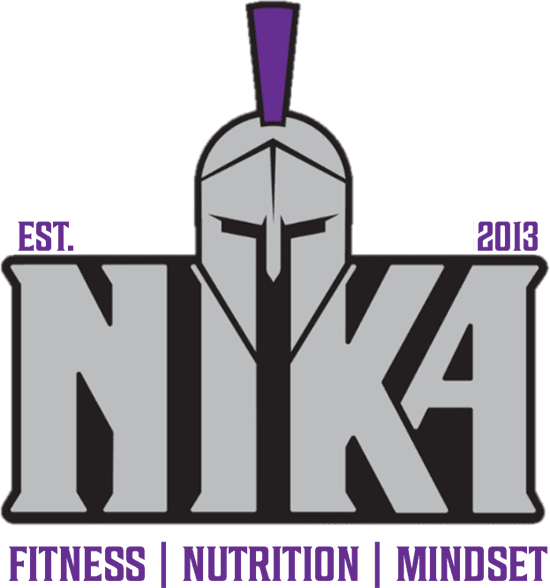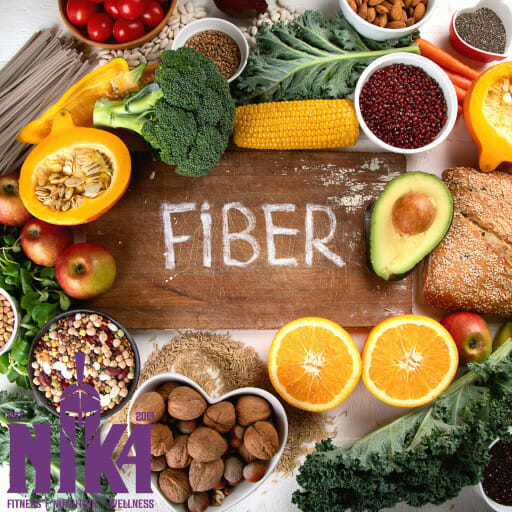This may be a surprise to hear but not everyone benefits from more fiber.
If you already are eating a diet rich in minimally-processed foods, your diet is already naturally rich in fiber. And adding even more fiber may not improve your digestion much, if at all.
Plus, some people are sensitive to compounds called FODMAPs (fermentable oligosaccharides, disaccharides, monosaccharides, and polyols), which are found in specific fiber-rich foods. When someone sensitive eats these foods, they’ll experience gas, bloating, and loose stools.
The above information aside, there are a few situations where taking a fiber supplement can be a good idea:
- You struggle to eat minimally-processed foods. This may be because you don’t have easy access to them, or because you don’t like the taste. In this case, consider supplementing with a mix of soluble and insoluble fiber. You should also consider adding whole foods like fruits, vegetables, whole grains, and legumes for more fiber and an overall nutrition boost.
- You eat mostly minimally-processed foods, but you avoid carbs. In other words, you mostly eat non-starchy vegetables, animal proteins, and healthy fats. If you feel that your gut is functioning well, you likely don’t need to make any changes. However, if your poops are infrequent, hard to pass, or very small, consider adding more soluble fiber, either through foods like beans, lentils, oats, or sweet potatoes, or through a supplement like psyllium powder.
- Despite eating a full range of minimally-processed foods, you still struggle with constipation. Although psyllium (a soluble fiber) might help with constipation, it can actually make other problems like diarrhea, gas, and bloating, worse. Before adding it, talk to your doctor or healthcare practitioner to rule out food allergies, intolerances, or other causes of digestive distress.
After reading this, do you think you could benefit from more fiber?

